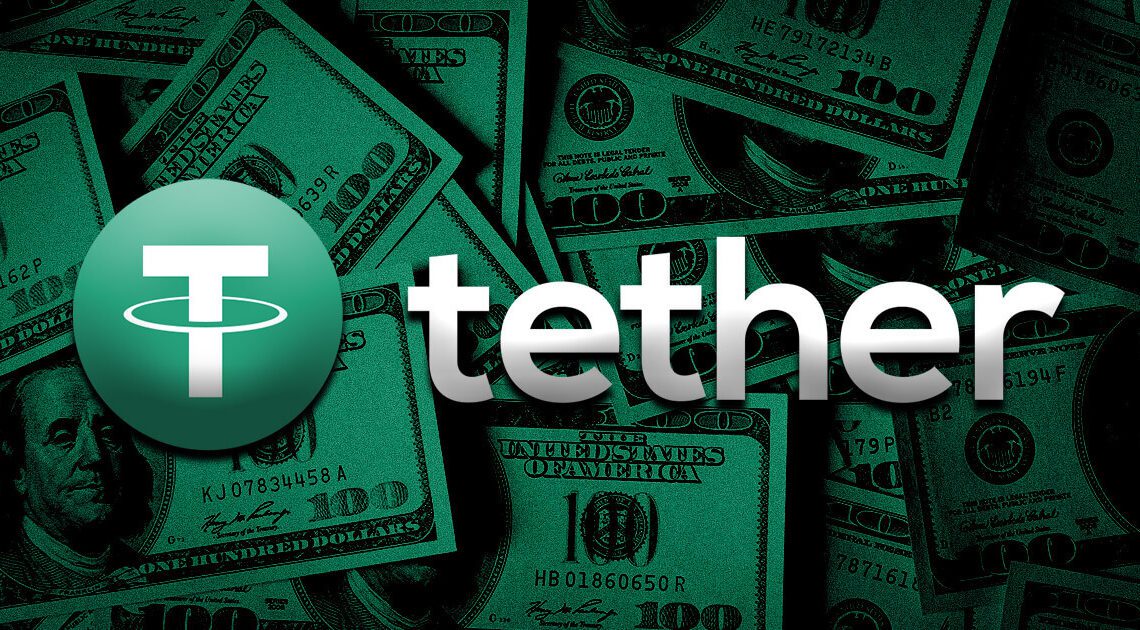The world’s largest stablecoin issuer has frozen 326 wallets containing $435 million worth of Tether (USDT) for the U.S. authorities, the company highlighted in a letter on Dec. 15. The assets were frozen to assist law enforcement authorities, including the U.S. Department of Justice (DOJ), the Federal Bureau of Investigation (FBI), and the Secret Service.
The letter, addressed to Senator Cynthia M. Lummis and Congressman J. French Hill, followed another letter to the politicians on Nov. 16. Both letters were sent in response to Lummis and Hill’s letter to Attorney General Merrick Garland on Oct. 26, which outlined their concerns about the use of stablecoins for illicit activities, such as money laundering and terrorist financing.
Making both letters public, Tether CEO Paolo Ardoino noted that the company aims to become a “world class partner” to the U.S. to “expand dollar hegemony globally.”
Tether’s commitment to prevent illicit use of USDT
In its latest letter, Tether highlighted that it implemented a “wallet-freezing policy” on Dec. 1 to assist law enforcement agencies in combatting illicit use of stablecoins. Calling it a “historic milestone,” Tether said that the “straightforward yet impactful” policy involves freezing all wallets listed on the Office of Foreign Assets Control’s (OFAC) Specially Designated Nationals (SDN) list.
Tether noted:
“By expanding our sanctions controls to the secondary market, we are setting a precedent in the industry, leading with foresight and vigilance.”
Tether added that it recently onboarded the Secret Service onto its platform and is currently working to onboard the FBI. The stablecoin issuer has also helped the DOJ “thwart bad actors and aid victims’ recovery.”
In its 4-page November letter, Tether had listed all its ongoing efforts to prevent the use of USDT for nefarious means. This included having a “strong” know-your-customer (KYC) and anti-money laundering (AML) program that is at par with those found at “sophisticated financial institutions,” according to the letter.
Tether’s KYC/AML program also underwent a Title 31 examination conducted by the Internal Revenue Service (IRS) on behalf of the Financial Crimes Enforcement Network (FinCEN). Tether is registered as a Money Service Business with FinCEN.
Tether said it works with third-party services like Chainalysis and WorldCheck to conduct due diligence and background checks on potential customers. It also uses the…
Click Here to Read the Full Original Article at Stablecoins News | CryptoSlate…
























